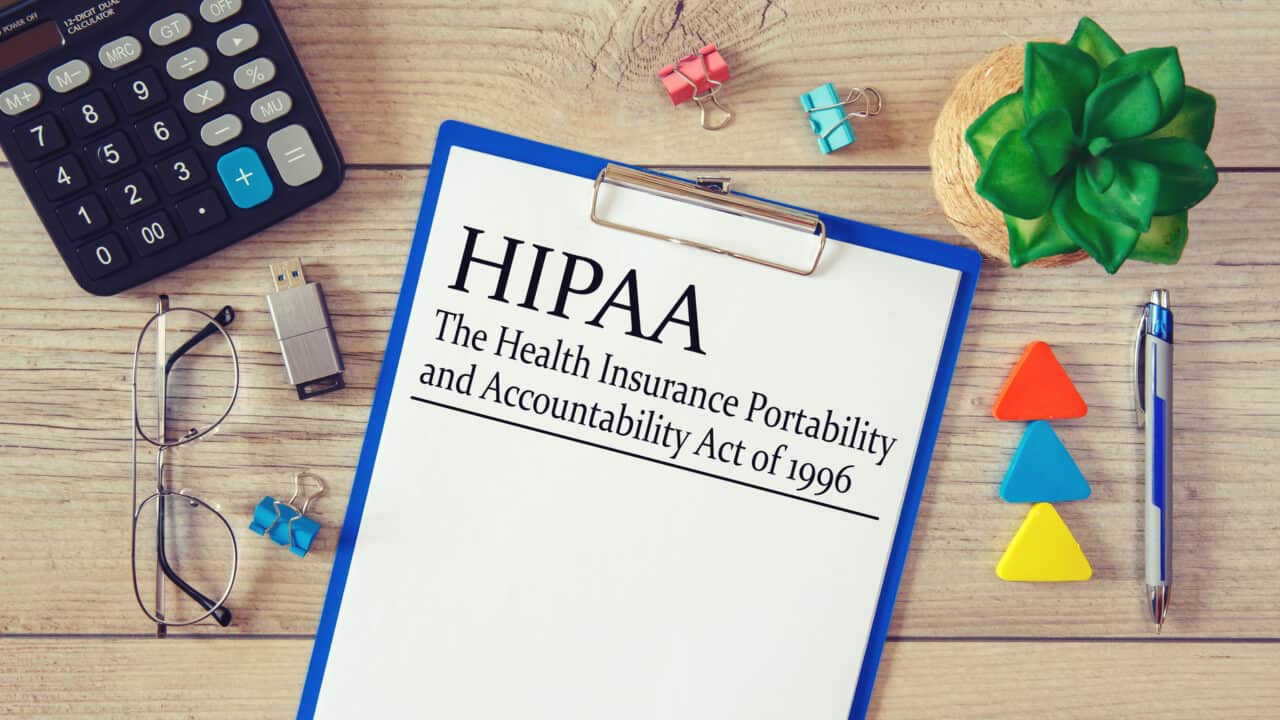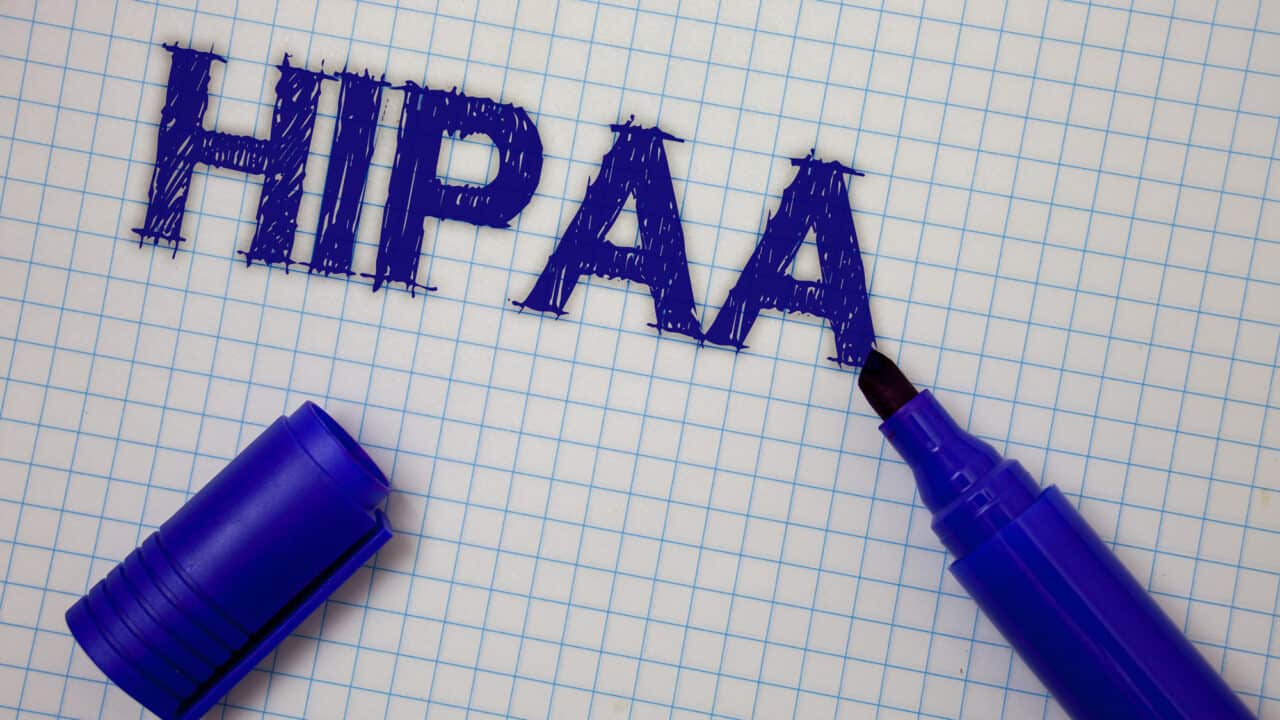HIPAABest Practices for HIPAA Compliance
HIPAA compliance may be a daunting idea, particularly given that non-compliance penalties can result in fines of up to $250,000, depending on the severity of the offense. Most of the time, it is in the providers’ best interest to employ or train a HIPAA compliance expert who is dedicated to upholding security standards and monitors staff members’ handling of PHI (patient-protected health information). HIPAA Compliant Practices Employees of practices that execute health plan administrative tasks...









